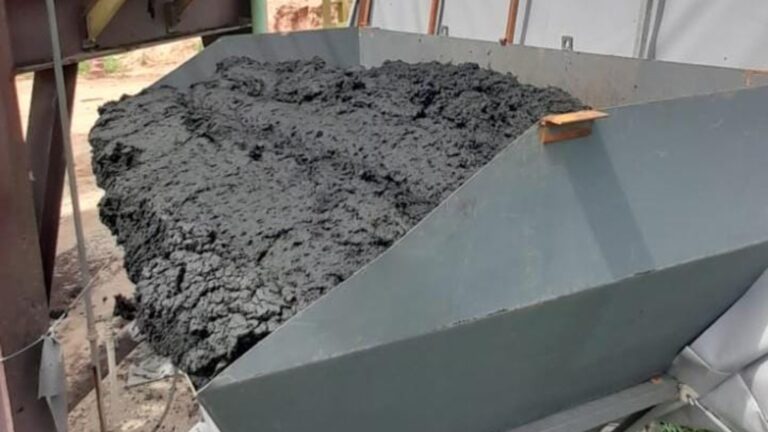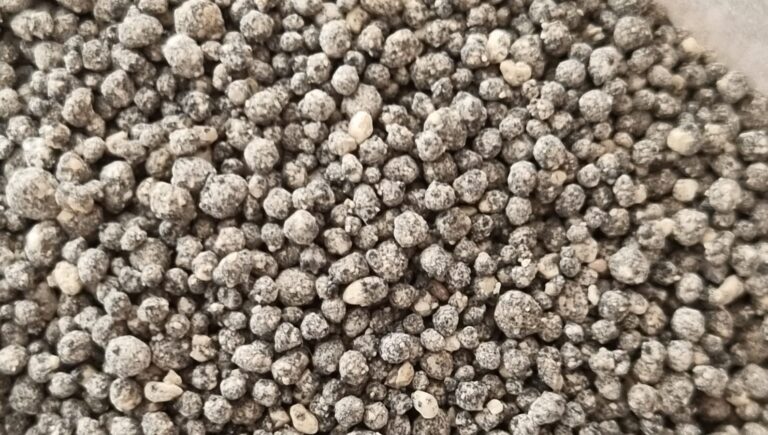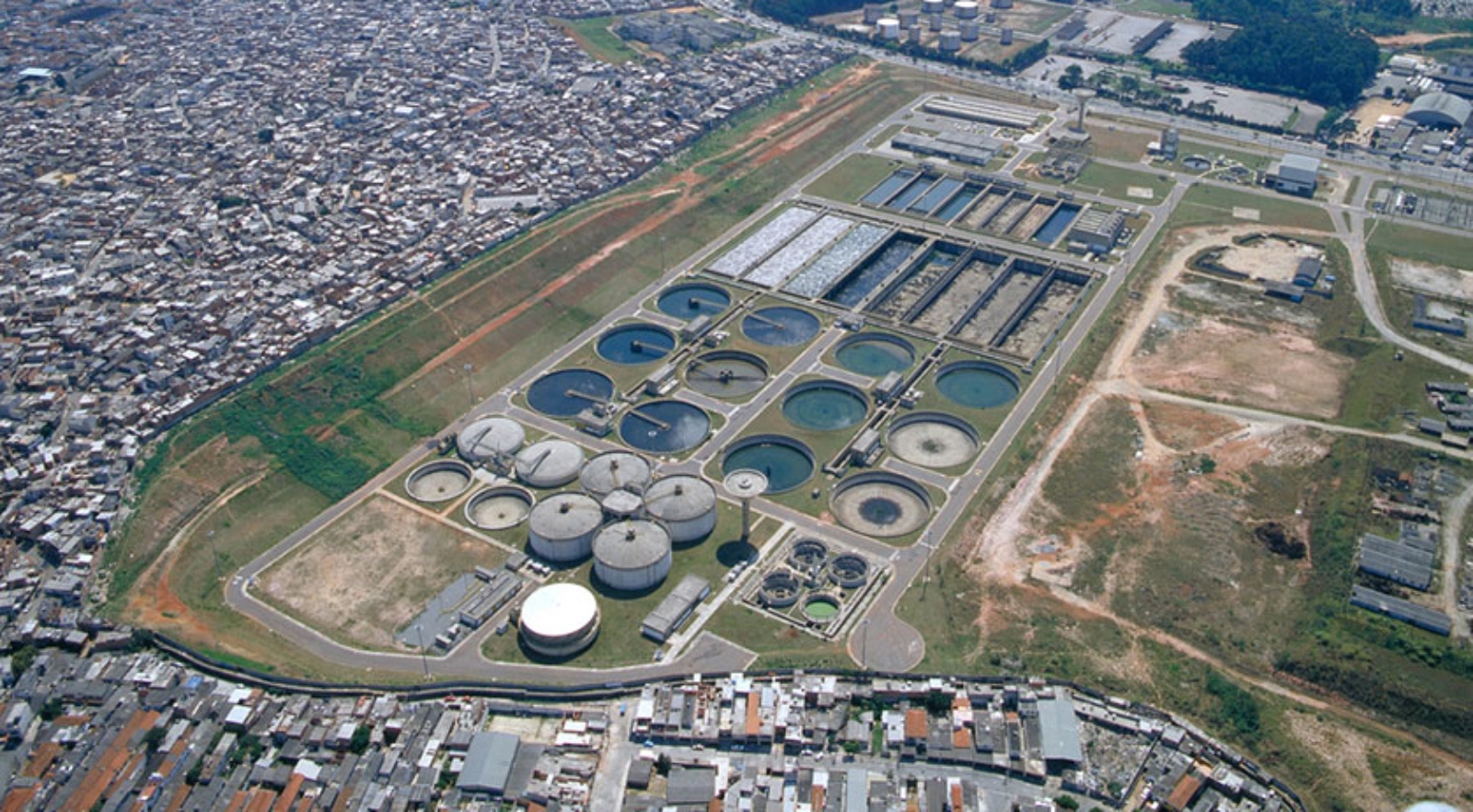It’s a stinky problem: How to safely dispose of massive amounts of sludge from wastewater treatment plants run by SABESP, one of Brazil’s largest sanitation providers serving 368 municipalities.
Currently, most of the sludge goes to landfills, creating significant risks to human health and the environment. It’s estimated that the treatment and disposal of urban waste cause approximately 13% of methane emissions in the atmosphere above Brazil.
SABESP put out a bid for green alternatives. One of the winners chosen was Lodologic, the Brazilian affiliate of Israel’s Paulee Cleantec. (Lodo means “sludge” in Portuguese.)
Lodologic signed a contract with SABESP on a facility that is to treat over 310 tons of sludge from 4 million residents, every day.
“We started the engineering work this January and the start-up of the factory is scheduled for Q3 2024,” Lodologic CEO Gabriel Kainuma tells ISRAEL21c.
Using technology from Paulee Cleantec cofounder Oded Shoseyov, a Hebrew University professor and serial inventor/entrepreneur, Lodologic can turn the problematic sludge into a nontoxic, pathogen- and odor-free powder ready to be granulated into an organo-mineral fertilizer in high demand by farmers.


The process works like this: A patented chemical formula is mixed with the sludge in a reaction chamber, causing a rise in temperature that evaporates the liquids in the sludge and leaves a clean powder rich in the three nutrients agricultural land needs: nitrogen, phosphorus and potassium.
“Lodologic offers a unified sludge management solution as a service that is safe and provides positive environmental impact,” says Kainuma.
“It eliminates the need for transportation and disposal of waste generated, ensuring the safety and wellbeing of the population in addition to enabling a circular economy model that associates sustainability with a cost reduction for the sanitation provider.”
Located in São Paulo, one of the densest metropolitan regions in the world, Lodologic will be treating the sludge generated in a facility that currently treats roughly 3,000 liters of sewage every second and soon will expand to double that amount.
“We are proud that we will be providing proper sanitation for 4 million inhabitants,” says Kainuma. “All of the sludge produced at this location is currently being sent to landfills, providing a major impact on the environment, especially as a source of greenhouse gases.

















